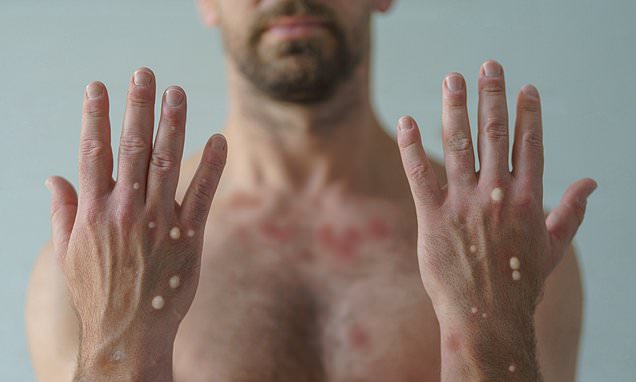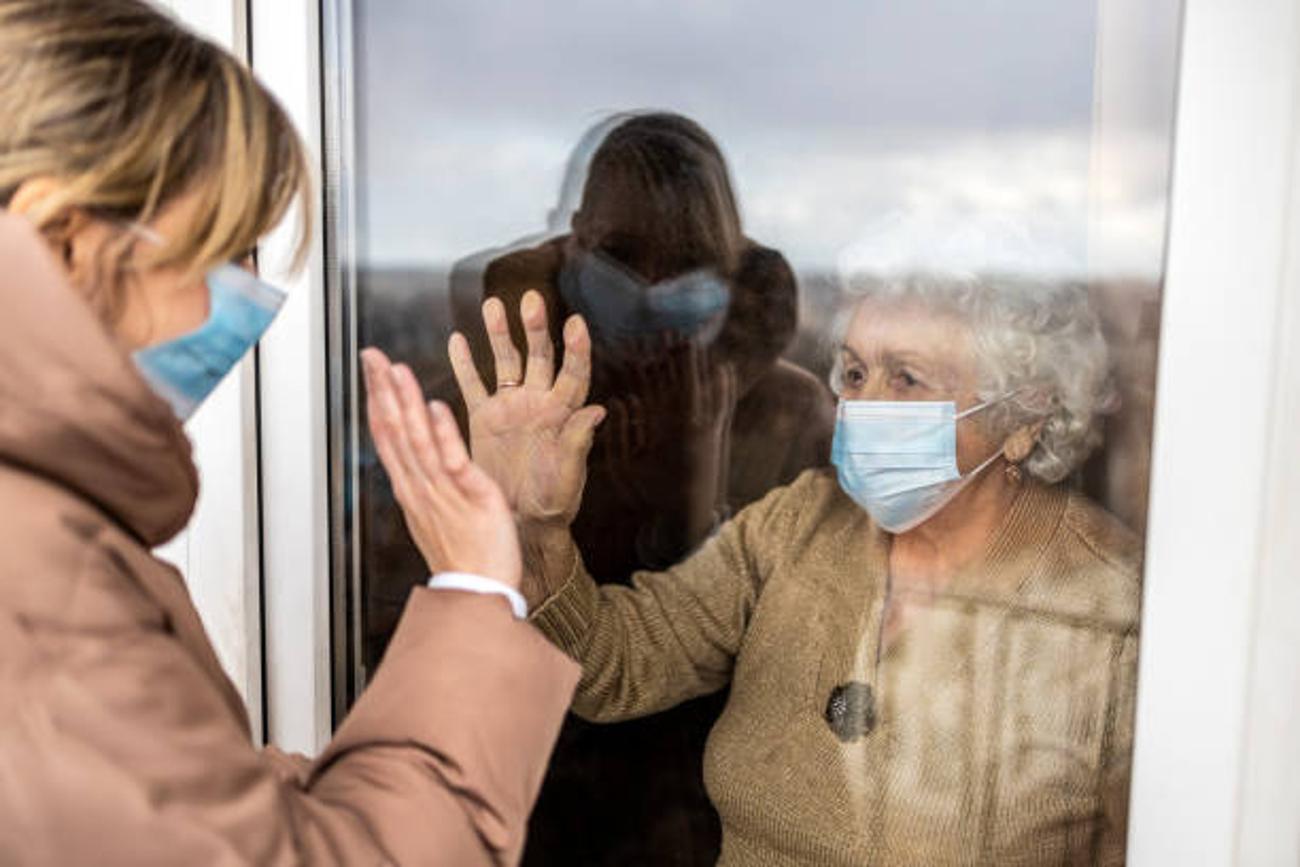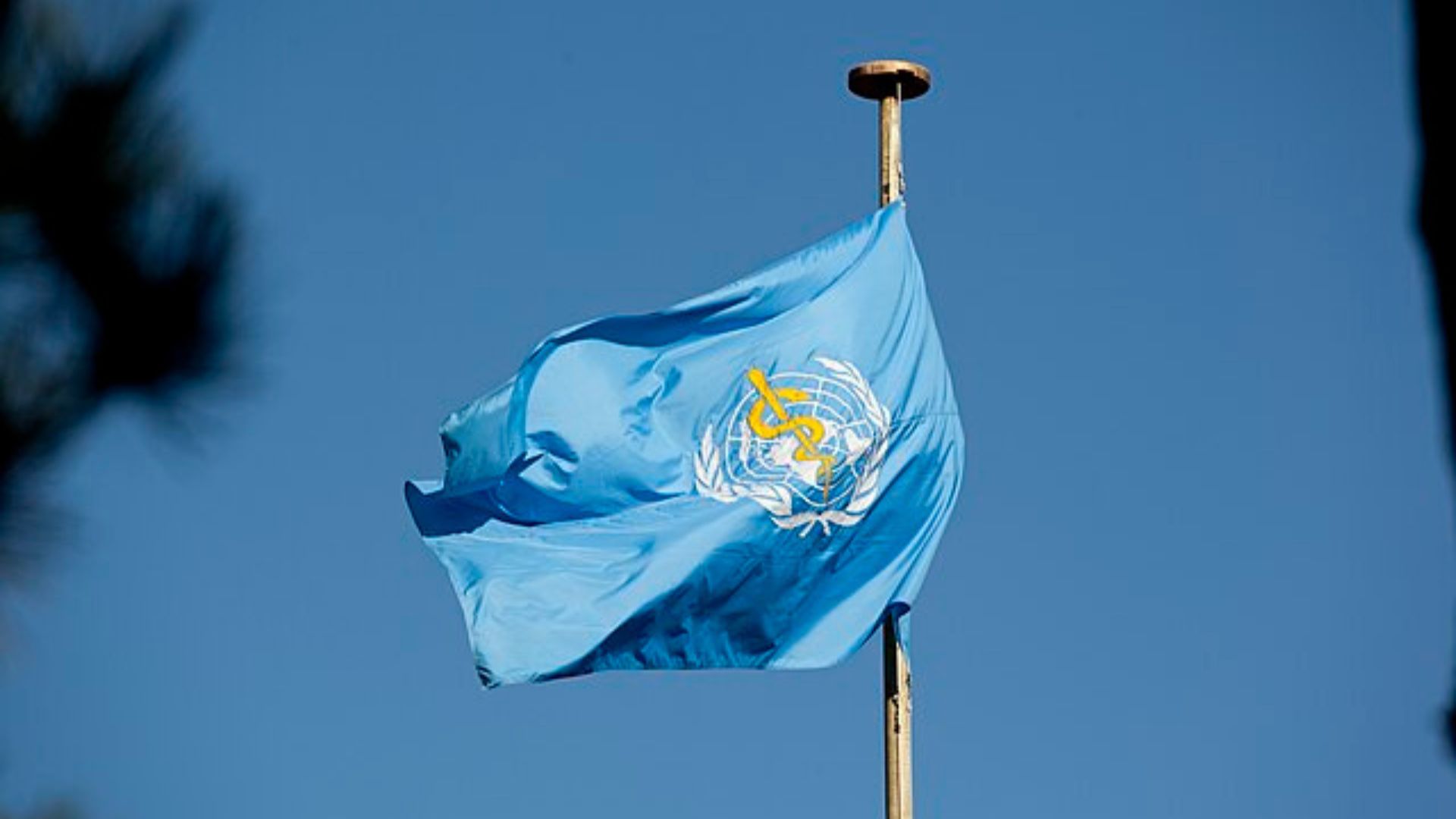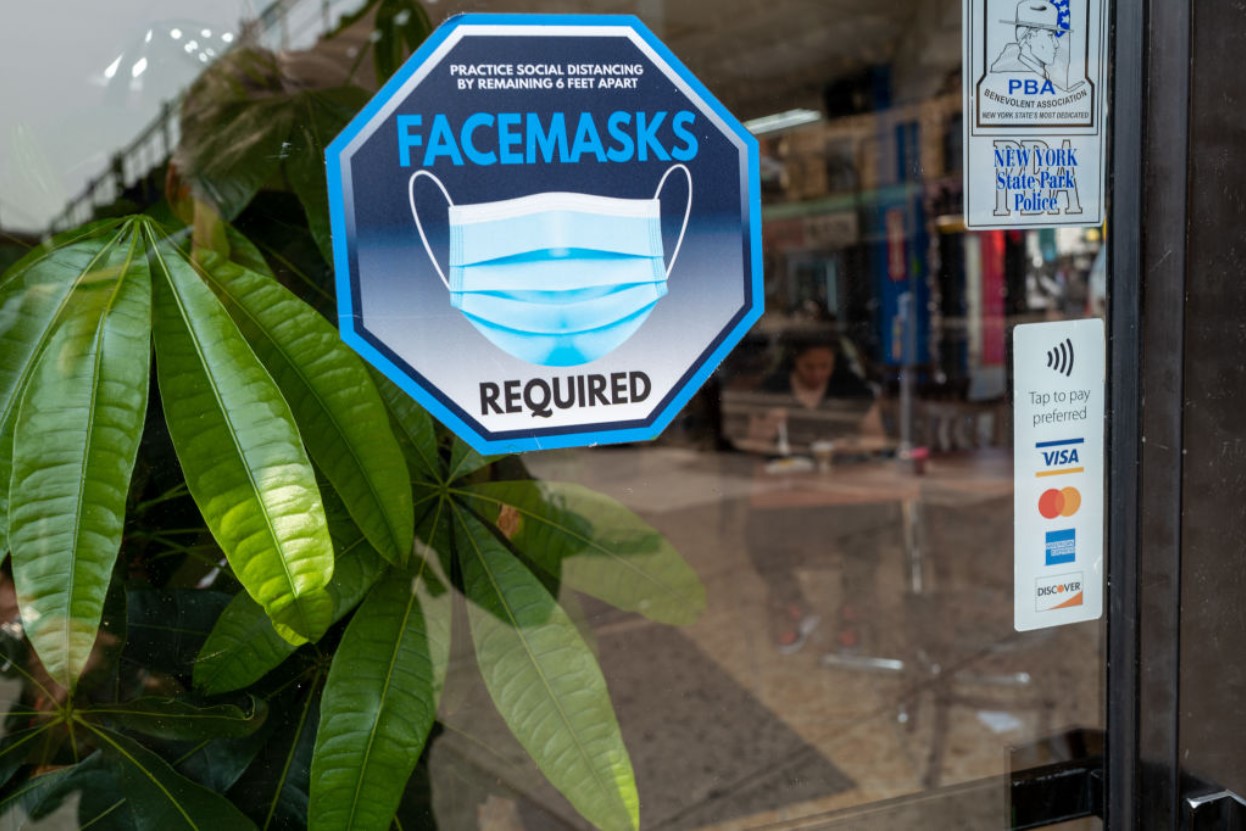As per a statement by the World Health Organization (WHO), the recent mpox outbreak in Europe will not lead to another COVID-19 outbreak.
The biggest factor for control is based on the idea that mpox is already known to experts and has several means of controlling it. Although more research is needed on the current strain, which allowed the United Nations to declare a public health emergency, the spread of pox can be easily controlled.
The Mpox Outbreak

The WHO declared a public health emergency of international concern (PHEIC) because of the international outbreak of the Clade 2b strain of mpox, which is mostly affecting gay and bisexual men.
The alarm was listed in May 2023, “Mpox is not the new COVID. We know how to control mpox and, in the European region, the steps needed to eliminate its transmission altogether,” said WHO’s European director Hans Kluge.
Mpox Was Controlled Before

Kluge notes that the risk of the general population from the mpox virus was low but was controlled easily through community engagement.
“Two years ago, we controlled mpox in Europe thanks to the direct engagement with the most affected communities,” he said. “We put in place robust surveillance; we thoroughly investigated new cases contacts; and we provided sound public health advice. Behavior change, non-discriminatory public health action, and mpox vaccination contributed to controlling the outbreak.”
Lockdowns Are Not Likely

Although the COVID-19 pandemic spurred global lockdowns, the mpox virus is not as serious and will not likely result in the same response.
“Are we going to go in lockdown in the WHO European region, [as if] it’s another COVID-19? The answer is clearly no,” Kluge said.
Mode of Transmission

Kluge noted that the spread of mpox is much different than the spread of COVID-19. The mode of transmission is mainly close skin-to-skin contact.
However, it is possible that someone with an acute case of the virus, showing signs like blisters in the mouth, could easily transmit the infection through contact with droplets in saliva.
Masks Could Come Back

Although more research is needed on the specific modes of transmission, the WHO currently recommends that masks can be used to help avoid the spread.
“We are not recommending mass vaccination. We are recommending to use vaccines in outbreak settings for the groups who are most at risk,” Tarik Jasarevic, a WHO spokesperson, added.
Another Health Emergency Noted

The WHO declared another international health emergency on August 14 as cases of the Clade 1b were rising in the Democratic Republic of Congo.
The declaration came soon after the African Centers for Disease Control and Prevention declared the outbreak of moneypox a public health emergency, with more than 500 deaths attributed to the disease. International help was called in to help curb the spread.
The Spread is Concerning

“This is something that should concern us all,” WHO director-general Tedros Adhanom Ghebreyesus said at the time.
“The potential for further spread within Africa and beyond is very worrying.”
How Deadly Is Monkey Pox?

Contracting the illness can be very deadly for certain groups of people. Newborn babies, children, people who are pregnant and other people with underlying health instances like HIV might be more respectable.
Otherwise healthy adults would likely feel more mild symptoms of the illness.
The Illness Can Be Spread Quickly

Despite most adults not being at risk for death from the infection, the ability for healthy adults to spread the illness is worrying.
As with the COVID-19 pandemic, the illness was spread around primarily by people who felt none or mild symptoms who felt well enough to walk around, attend school or work, and thereby unknowingly spread the illness to more at-risk individuals.
Spread Through Sexual Contact

When monkeypox first spread through Europe and North America in 2022, the primary mode of transmission ended up being sexual contact.
As a result, the pox vaccine became readily available for gay and bisexual men in New York, where the virus was transmitted quickly through certain communities.
Deaths in the Advanced World Are Rare

Despite more than 500 deaths being attributed to the illness reported in the Congo, deaths in the Western world are exceedingly rare.
During the outbreak in May 2022, roughly 10 deaths were reported in North America out of 28,000 cases.








































